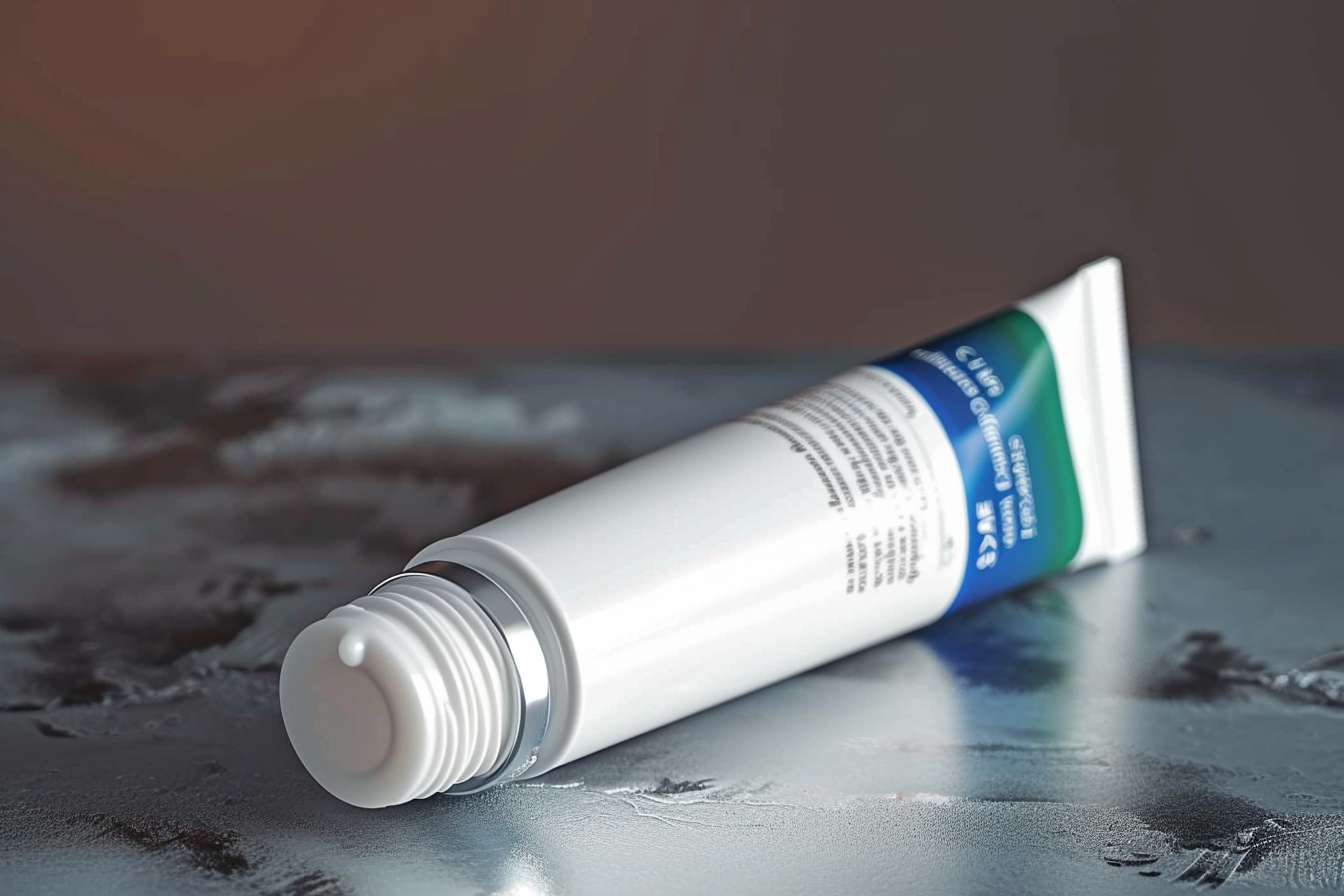How to Manage and Prevent Dry Eyes Naturally
Do you often feel dryness or irritation in your eyes? Learn the causes of dry eye syndrome, and discover simple, everyday solutions to relieve discomfort and protect your eye health naturally. Find out how lifestyle changes can make a big difference!

Dry eye syndrome affects millions of people worldwide, causing discomfort, irritation, and sometimes vision disturbances. While prescription treatments and artificial tears are common solutions, many individuals seek natural methods to manage and prevent symptoms. By understanding the root causes and adopting healthier daily habits, you can support your eye health and reduce the frequency and severity of dry eye episodes.
What Causes Dry Eyes and How to Treat Them
Dry eyes occur when your tear glands do not produce enough tears or when tears evaporate too quickly. Common causes include prolonged screen use, aging, hormonal changes, certain medications, environmental conditions like wind or dry air, and autoimmune disorders. Contact lens wear and incomplete blinking can also contribute to dryness. Treating dry eyes naturally begins with identifying and addressing these triggers. Simple lifestyle adjustments, such as taking regular breaks from screens, staying hydrated, and using a humidifier, can significantly improve tear production and retention. Additionally, consuming omega-3 fatty acids found in fish, flaxseeds, and walnuts supports healthy tear film and reduces inflammation.
How to Relieve Dry Eyes Naturally
Natural relief methods focus on restoring moisture and reducing irritation without medication. One effective approach is practicing the 20-20-20 rule: every 20 minutes, look at something 20 feet away for at least 20 seconds. This reduces eye strain and encourages complete blinking, which spreads tears evenly across the eye surface. Warm compresses applied to closed eyelids for 5 to 10 minutes can help unclog oil glands and improve tear quality. Gently massaging the eyelids afterward enhances this effect. Staying well-hydrated by drinking plenty of water throughout the day supports overall tear production. Limiting caffeine and alcohol, which can dehydrate the body, also helps. Additionally, incorporating foods rich in vitamins A, C, and E, such as carrots, citrus fruits, and leafy greens, nourishes the eyes and promotes healing.
Everyday Habits for Healthy Eyes
Building consistent habits is essential for long-term eye health and preventing dry eye flare-ups. Start by positioning your computer screen slightly below eye level to reduce the surface area of your eyes exposed to air, minimizing evaporation. Adjust the brightness and contrast of digital devices to reduce strain. Ensure adequate lighting in your workspace to avoid squinting or straining. Taking frequent breaks from screens and other visually demanding tasks allows your eyes to rest and recover. Wearing wraparound sunglasses outdoors shields your eyes from wind, dust, and UV rays, all of which can exacerbate dryness. Avoid directing fans, air conditioners, or heaters directly toward your face, as airflow accelerates tear evaporation. If you wear contact lenses, follow proper hygiene practices and consider reducing wear time or switching to daily disposables to minimize irritation.
Protecting Your Eyes from Dryness
Environmental factors play a significant role in dry eye development. Using a humidifier in your home or office adds moisture to the air, especially during winter months when indoor heating reduces humidity. Positioning the humidifier near your workspace or bedside can provide consistent relief. When traveling by plane or spending time in air-conditioned spaces, keep a small bottle of preservative-free artificial tears on hand for quick relief. Avoid smoking and exposure to secondhand smoke, as tobacco irritates the eyes and disrupts tear production. If you live in a dry or windy climate, consider wearing moisture chamber glasses, which create a protective barrier around the eyes to retain humidity. Regularly cleaning your eyelids with a gentle, diluted baby shampoo solution removes debris and bacteria that can interfere with tear gland function.
Managing Dry Eye Symptoms Without Medication
While over-the-counter and prescription treatments are available, many people successfully manage symptoms through non-pharmaceutical methods. Blinking exercises can retrain your eyes to blink fully and frequently, especially during tasks that reduce blink rate, such as reading or using digital devices. Practicing good sleep hygiene ensures your eyes have adequate time to rest and regenerate overnight. Aim for seven to nine hours of quality sleep each night, and consider using a sleep mask if you tend to sleep with your eyes partially open. Stress management techniques, including deep breathing, meditation, and yoga, can reduce inflammation and support overall eye health. Some individuals find relief through acupuncture or acupressure, which may stimulate tear production and improve circulation around the eyes. Always consult a healthcare professional before trying alternative therapies to ensure they are safe and appropriate for your condition.
When to Seek Professional Guidance
While natural methods can be highly effective, persistent or severe dry eye symptoms warrant professional evaluation. If you experience ongoing discomfort, redness, blurred vision, or a gritty sensation despite trying home remedies, schedule an appointment with an eye care specialist. They can assess your tear production, examine the health of your tear film, and rule out underlying conditions such as blepharitis, meibomian gland dysfunction, or Sjogren’s syndrome. In some cases, prescription treatments, punctal plugs, or specialized therapies may be necessary to achieve lasting relief. Early intervention can prevent complications and preserve your vision and comfort.
This article is for informational purposes only and should not be considered medical advice. Please consult a qualified healthcare professional for personalized guidance and treatment.
Managing and preventing dry eyes naturally requires a combination of awareness, lifestyle adjustments, and consistent habits. By understanding the causes, incorporating protective measures, and prioritizing eye health in your daily routine, you can reduce symptoms and enjoy greater comfort. While natural approaches offer significant benefits, professional guidance remains essential for persistent or severe cases. Taking proactive steps today can lead to healthier, more comfortable eyes for years to come.



